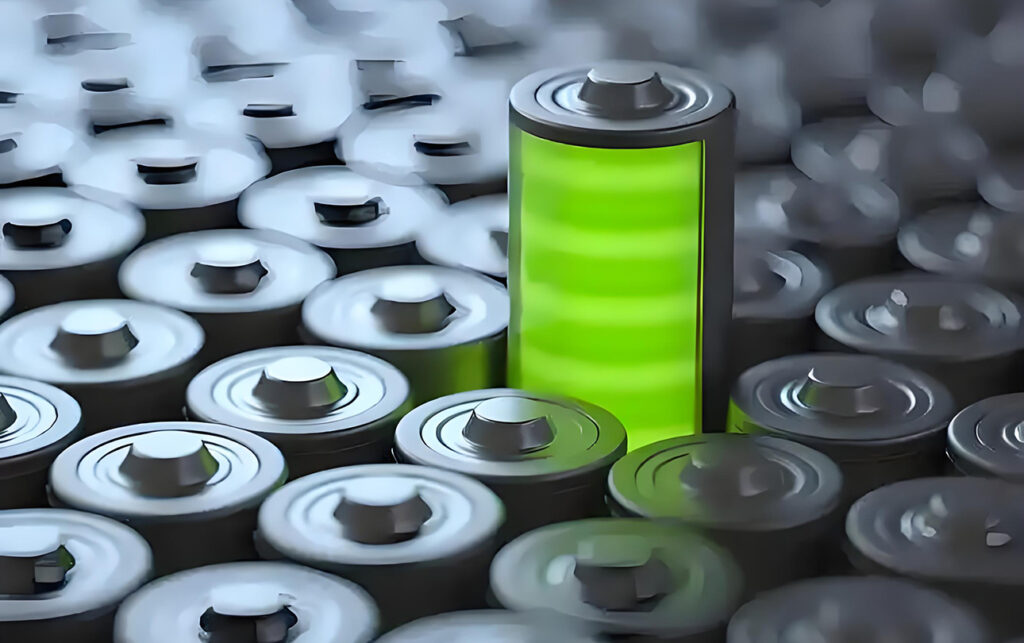Empowering Smart Purchasing Decisions in a Complex Market
Navigating the global battery market can be challenging, especially when balancing cost, quality, and performance. At Becell Battery, we aim to equip you with the knowledge to make informed choices and avoid hidden risks associated with counterfeit or substandard products.
Understanding Battery Grades: The A-Grade vs. B-Grade Dilemma
Every reputable battery manufacturer produces A-grade cells—premium units that meet strict quality controls for voltage, capacity, internal resistance, and self-discharge consistency. These cells are ideal for applications requiring high reliability, such as battery packs for industrial, medical, or military use.
However, B-grade cells (or lower-tier brands) often enter the market at discounted prices. While they may appear identical to A-grade products, they typically exhibit inconsistencies in critical metrics. These flaws may not be visible in single-cell tests but become glaringly obvious when cells are combined into packs, leading to reduced lifespan, safety risks, or system failures.
Key Insight:
- A-grade cells from top-tier brands (e.g., Panasonic, LG, Samsung) maintain tight consistency (±1-3% variance).
- Lower-tier brands or B-grade cells may show variances exceeding 5-10%, compromising pack performance.
Why Consistency Matters in Battery Packs
For multi-cell applications, consistency is non-negotiable. Imagine a battery pack as a team: if one member underperforms, the entire system suffers.
Critical Consistency Metrics:
- Voltage Matching: Mismatched cells cause uneven charging/discharging, accelerating degradation.
- Capacity Uniformity: Variations reduce usable energy and create imbalance.
- Internal Resistance: High-resistance cells generate excess heat, risking thermal runaway.
- Self-Discharge Rates: Cells with higher self-discharge drain energy unevenly, shortening runtime.
Top-tier A-grade cells excel in these areas, ensuring stable, long-lasting packs. Lower-tier cells may save costs upfront but often lead to higher long-term expenses from replacements or failures.
Smart Purchasing Guidelines
1. For Battery Packs or Critical Applications:
- Prioritize A-grade cells from tier-1 brands.
- Verify supplier certifications (e.g., ISO 9001, UN38.3) and request batch test reports.
- Avoid cells older than 12 months, as aging impacts performance.
2. For Single-Cell Use or Budget-Conscious Projects:
- B-grade or tier-2/3 cells may be acceptable if:
- They come with clear grading labels and warranties.
- Your application doesn’t demand extreme precision.
3. Red Flags to Avoid:
- Prices far below market averages (often indicating counterfeits).
- Suppliers unwilling to provide traceability documents.
- Vague or missing specifications.
Why Partner with Becell Battery?
As a trusted global supplier, we:
- Supply Genuine A-grade Cells: Sourced directly from authorized factories with full traceability.
- Offer Transparency: Share detailed test reports and production dates for every batch.
- Educate, Not Just Sell: We help you align purchases with your project’s real needs—whether it’s a high-stakes battery pack or a cost-sensitive single-cell solution.
Quality isn’t an expense—it’s an investment. By understanding these principles, you can avoid costly pitfalls and secure batteries that deliver true value.
Explore our catalog of certified A-grade cells today, or consult our experts for tailored guidance!
